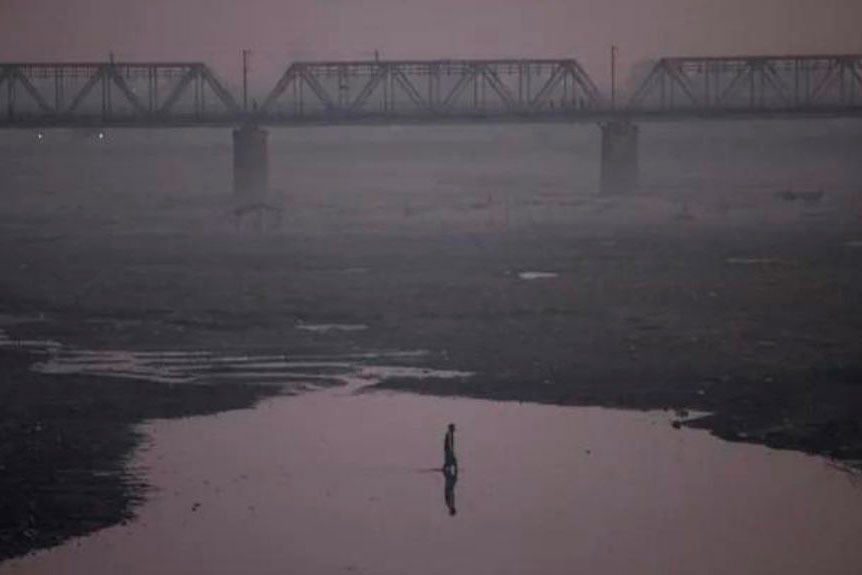The UN warns that major climate changes will happen earlier than expected
Species extinction, widespread disease, unbearable heat, ecosystem collapse, cities threatened by rising sea levels, these and other devastating climate impacts are accelerating and destined to become painfully obvious by 30 years, according to the draft of a UN report.
Climate change will fundamentally transform life on Earth in the coming decades, even if we can control greenhouse gas emissions, says a draft of a landmark report by UN climate science advisers.
The decisions societies make now will determine whether our species thrives or simply survives as the 21st century unfolds, declares the Intergovernmental Panel on Climate Change (IPCC).
But the thresholds for danger are closer than previously thought, and the dire consequences of decades of rampant carbon pollution are inevitable in the short term. “The worst is yet to come, affecting the lives of our children and grandchildren much more than ours,” says the report to which the AFP agency has had access.
By far this is the most comprehensive catalog ever assembled of how climate change is devastating our world. The report reads like a 4,000-page indictment of Humanity’s stewardship of the planet.
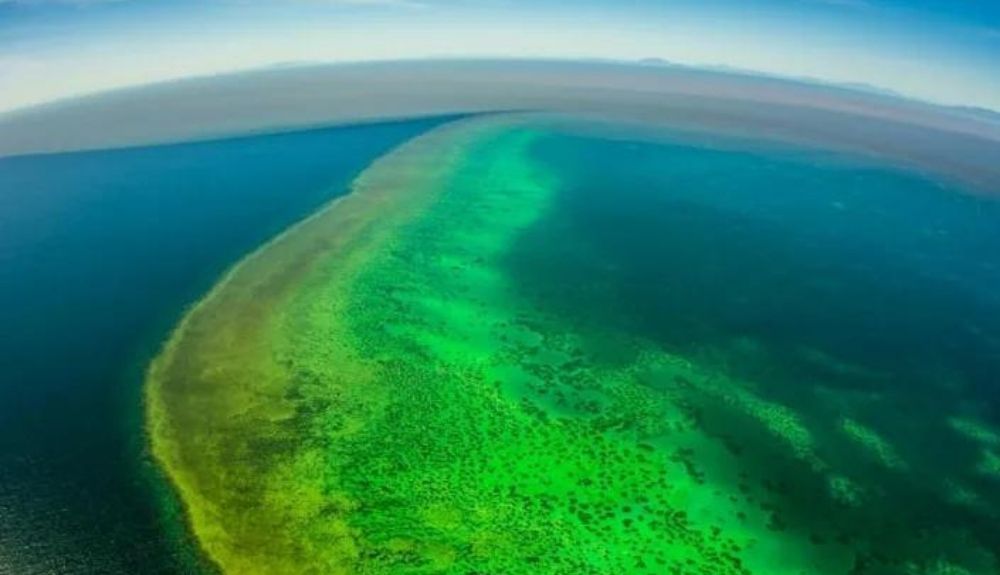
Coral reefs, like Australia’s Great Barrier Reef pictured, are particularly vulnerable. Photo: AFP.
But the document, designed to influence policy decisions, is not scheduled for release until February 2022, too late for this year’s UN summits on climate, biodiversity and food systems, some scientists say.
The draft report comes at a time of global “eco-awakening” and serves as a reality check against a series of promises that are seen as ill-defined by governments and corporations around the world. In addition to being deeply unfair: those least responsible for global warming will suffer disproportionately, the report makes clear.
And it shows that even as we spew record amounts of greenhouse gases into the atmosphere, we are undermining the ability of forests and oceans to absorb them, turning our greatest natural allies in the fight against warming into enemies.
He warns that previous major climate shocks dramatically altered the environment and wiped out most species, raising the question of whether Humanity is sowing the seeds of its own demise.
Report conclusions
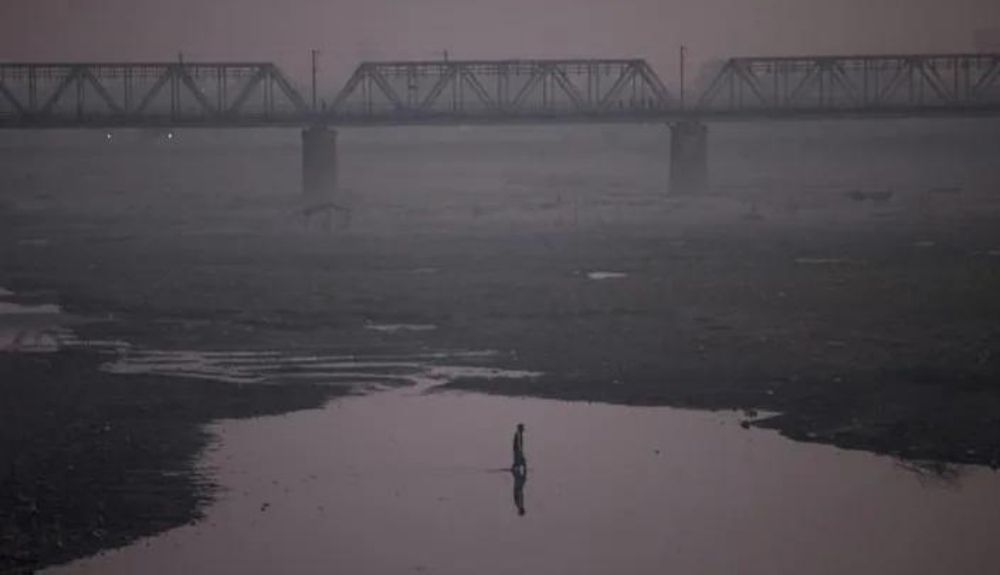
The report details the sobering consequences of humanity’s greenhouse gas pollution. Photo. AFP.
Among the report’s conclusions is that with 1.1 degrees Celsius of warming recorded so far, the climate is already changing. This, according to the UN draft, could produce “progressively serious consequences, lasting centuries and, in some cases, irreversible”.
In addition, the document warns that “current levels of adaptation will be inadequate to respond to future climate risks.” Thus, tens of millions more people are likely to face chronic hunger by 2050, and 130 million more could experience extreme poverty within a decade if inequality is allowed to deepen.
Likewise, coastal cities on the “front lines” of the climate crisis will see hundreds of millions of people at risk of floods and storm surges, due to rising sea levels. And some 350 million people living in urban areas will be exposed to water shortages due to severe droughts.
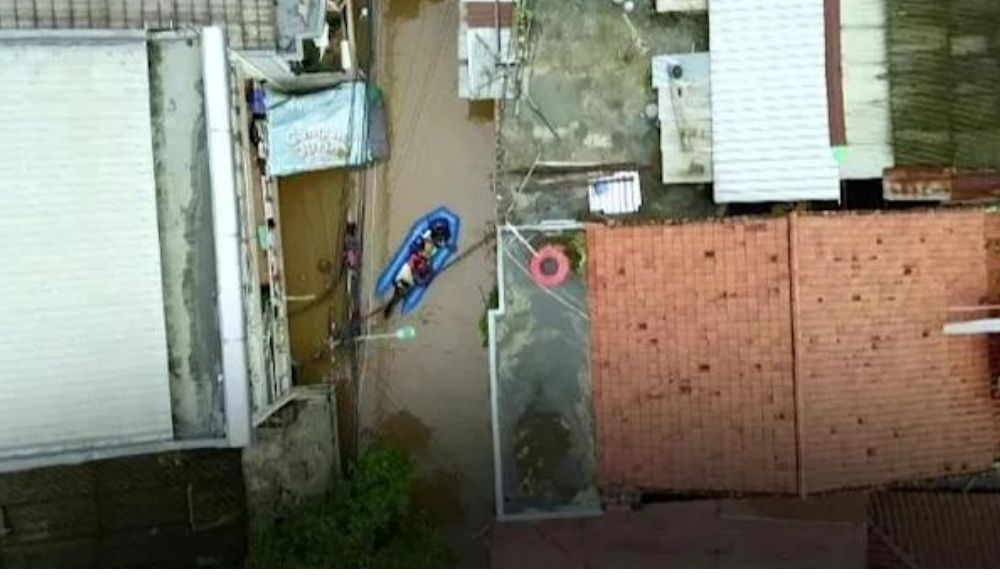
Coastal cities will face major flooding. Photo: AFP.
On the other hand, points of no return in the climate system known as tipping points, which scientists have only just begun to measure and understand.
Thus, recent research has shown that a warming of two degrees Celsius could push the melting of the ice sheets on top of Greenland and West Antarctica, with enough frozen water to raise the oceans 13 meters (43 feet).
To the same extent, the Amazon basin could be transformed from tropical forest to savanna, and some regions – eastern Brazil, Southeast Asia, the Mediterranean, central China – and coasts almost everywhere could be affected by multiple climatic calamities at once: drought, heat waves, cyclones, forest fires, floods.
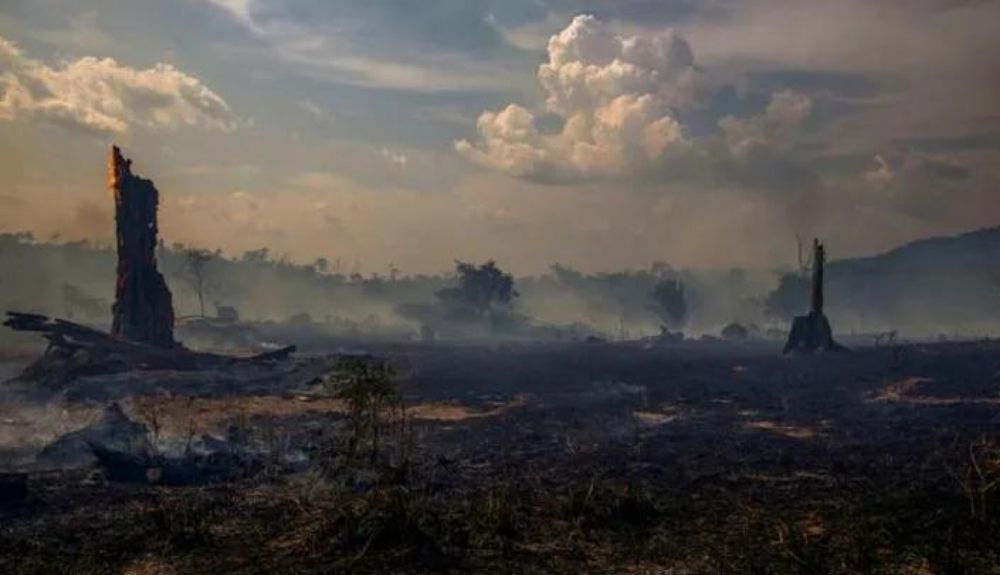
Deforestation, drought and fires in the Amazon could transform part of the rainforest into grassland. Photo: AFP.
“We need a transformational change that operates in processes and behaviors at all levels: individual, communities, companies, institutions and governments,” the report concludes. In short: “We must redefine our way of life and consumption.”
Source: Yahoo News.
